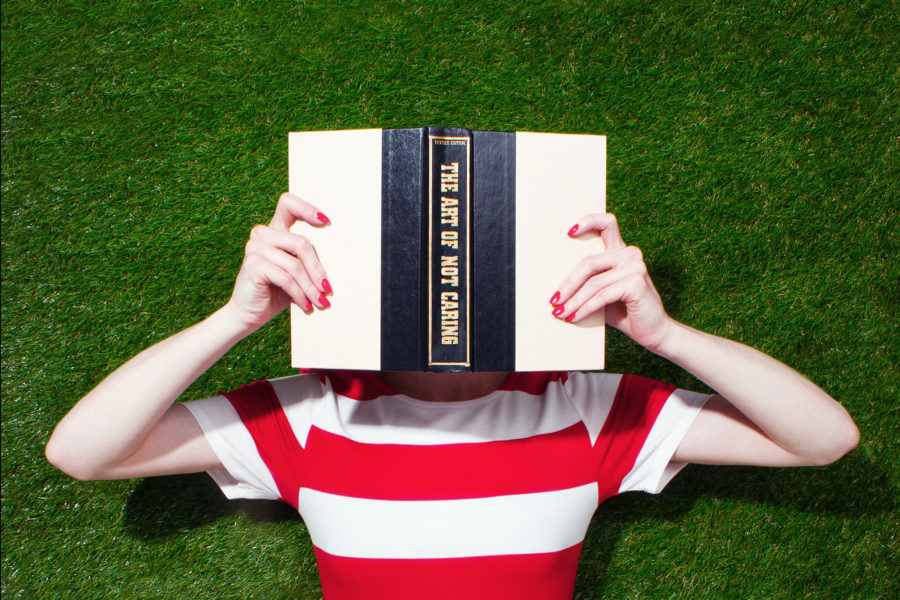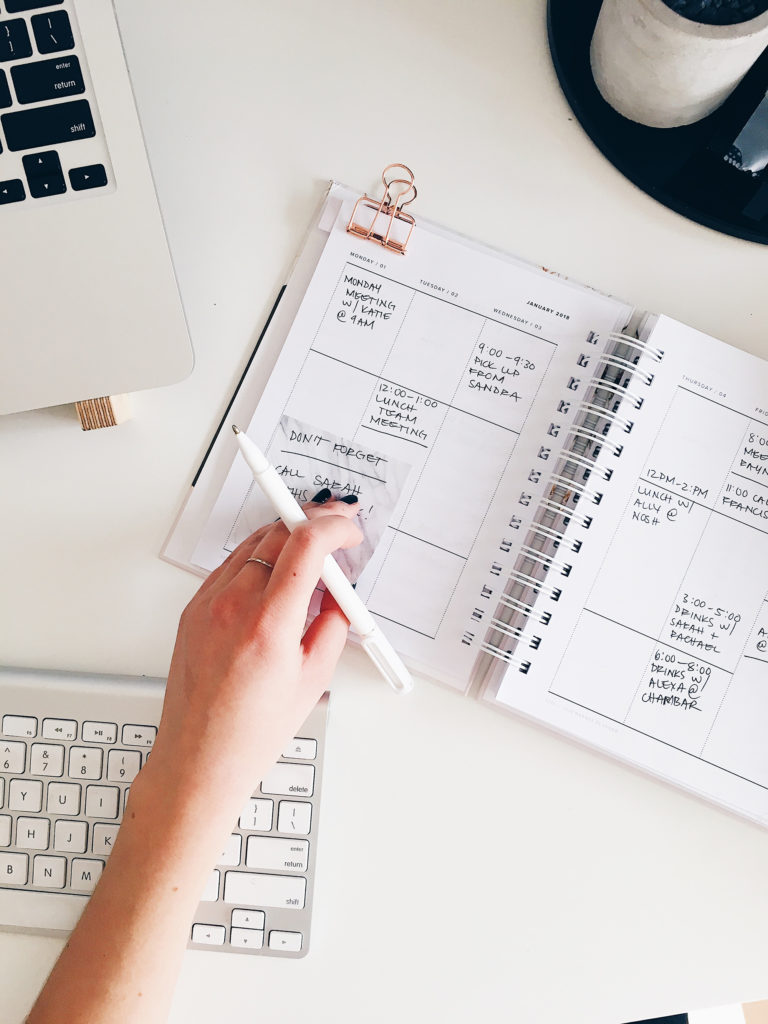I’ll be honest, when my therapist suggested I might have ADHD, I was skeptical. I didn’t think I had the stereotypical traits of hyperactivity, impulsivity, a hunger for danger, or loud expressions of emotion. I have friends with ADHD and I didn’t feel like I could relate with them in that way.
But as it turns out, there is so much more to ADHD…
The ADHD stereotype we’re familiar with is largely based on the male experience with ADHD. But there are 3 known types of ADHD, and potentially even more unique expressions of it that we don’t even know about yet!
The 3 types of ADHD are: Hyperactive, Inattentive, and Combined. Hyperactive ADHD is where the stereotype originates from. Whereas, Inattentive ADHD is more common amongst women, and Combined ADHD is believed to be the most common form of ADHD.
I experience Combined ADHD which is a mix of Hyperactive and Inattentive. Though, I tend to express more Inattentive ADHD traits than Hyperactive ADHD.
I’d also like to note that since I have AuDHD, my Autism helpfully fills in many of the holes that my ADHD would otherwise leave empty. So my Autism + ADHD often do a delicate dance. Though sometimes they give up and fight it out like squabbling siblings.
There is another misunderstanding I would like to clear up about ADHD. Its name is misleading because it inaccurately describes the ADHD experience. ADHD is not an “attention deficit”. Rather it is an attention overload. When you have ADHD you have too much attention to give. As a result it can be difficult to wrangle in and control. It’s like a small child trying to walk an 100+ lb Saint Bernard.
In reality attention is often a strength those with ADHD possess. We just don’t know how to harness and control the overpowering amount of attention we have. Give someone with ADHD a task that deeply interests them, and they’ll be able to focus more deeply on it than a neurotypical person. This is called hyperfocus. I will often be so absorbed in a task that when a friend or family member comes over to talk to me, I won’t hear them because my attention is so consumed in what I am doing.
A natural way in which those with ADHD typically try to direct their attention is through fidgeting. When I was in 5th grade, I remember one of my teachers complaining to my parents that “Kaïa draws horses all over her school work.” The teacher was convinced there was NO WAY I could possibly be paying attention if I was constantly doodling horses all over my papers.
But in reality fidgeting is a common coping tool for those of us with ADHD. To get our BIG attention under control, we distract part of it with a mindless activity (like drawing), while the remainder of our attention focuses on the primary (more important) task at hand. I don’t remember exactly what happened afterwards with that teacher. But my parents encouraged me to keep drawing… just not too much on the work I handed in to that teacher.
So what does Combined ADHD look like for me? Below are 10 ways I experience it. There are many more ways, but that would be a long list!
- I am highly creative and have an imagination that works in ways a neurotypical individual’s just doesn’t.
- It is near impossible for me to sit still longer than 5 minutes. If I’m forced to sit still, you’ll inevitably see me fidgeting: doodling, stretching, changing how I’m sitting, scratching my head, twirling my hair, or taking a sip of a drink. I will do anything just to move!
- It’s difficult for me to pay attention during long periods of talking (like during work meetings or a friend telling a story). No matter how much I want to pay attention, I am constantly having to remind my brain to pay attention… and even this act itself is distracting!
- If I don’t make a to-do list for the next day, I will be completely overwhelmed by all the different directions my attention pulls me in. I will likely get nothing done. Fortunately, my Autism lives and breathes organization and it knows how to make tools to remedy this concern. But this takes a lot of effort!
- It’s difficult for me to dive into a complex task unless I genuinely want to do that task because it takes a lot of mental energy to control my attention.
- If I read your text and don’t immediately respond, I will probably forget to respond for a while (until I awkwardly remember to). If I do text you back, it will usually be an “essay” of a text because I need to share all the little details my attention is grasping onto!
- Like your dog or cat, I too get the zoomies!
- If I go to a restaurant, go shopping, or another public place, I often forget my wallet or another possession somewhere. As my grandma used to say about herself, “I’d forget my head if it weren’t attached to my body”.
- I lose my phone around my home all the time. Most of my other belongings have a specific place they live for this reason.
- Conversations with me go off on many tangents.
Unlike my Autism, I feel my ADHD is typically easier to navigate and work around. My Autism is a huge help in creating that work around.
You can help me too by keeping your stories succinct, letting me move around, helping me keep track of my belongings, and forgiving me if I don’t text you back immediately. Please know that I want so badly to pay attention and be present with you, but my brain has other plans!







